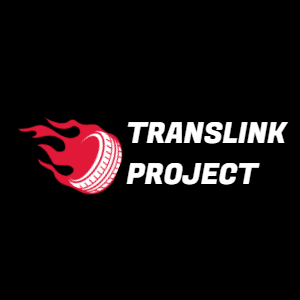Can You Buy Vapes in Australia? 2025 Legal Guide & Where to Purchase
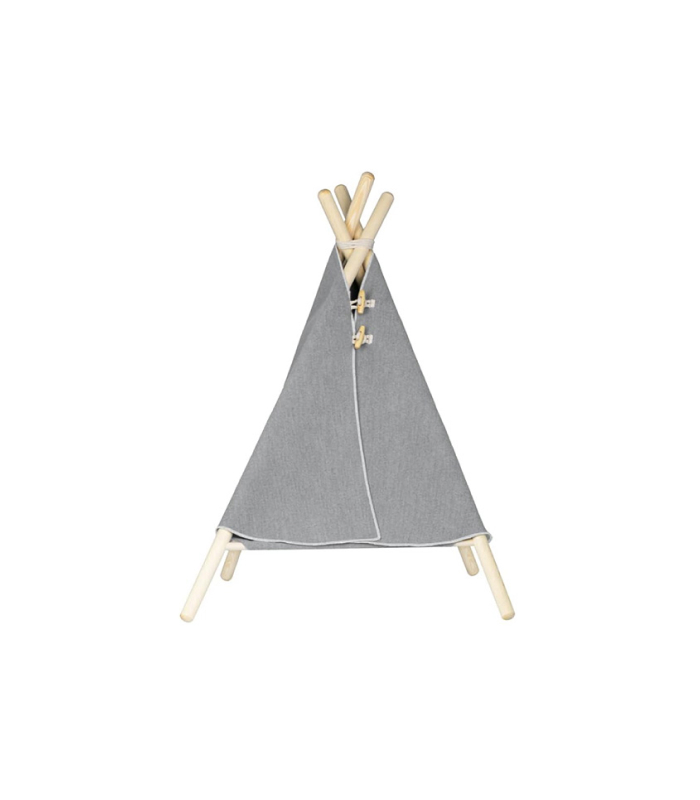
Article Overview
Key Takeaways
- Nicotine vapes require a doctor’s prescription and can only be purchased from licensed pharmacies in Australia
- Non-nicotine vapes face different regulations across Australian states, with some allowing limited sales
- Purchasing vapes from overseas or black market sellers carries significant fines up to $15,000 AUD
- The prescription process involves consultation with an Australian-registered medical practitioner
- Some states allow limited sales of non-nicotine vaping devices through registered tobacconists
Introduction & Definition
Vaping has become a popular alternative to traditional smoking in Australia, with an estimated 1.2 million active vapers as of 2025. But what exactly are vapes, and how do they fit into Australia’s strict regulatory landscape? Vapes, or e-cigarettes, are battery-operated devices that heat a liquid (e-liquid or vape juice) to produce an inhalable aerosol. Unlike traditional cigarettes, they don’t burn tobacco, which reduces exposure to harmful chemicals—though they are not risk-free.
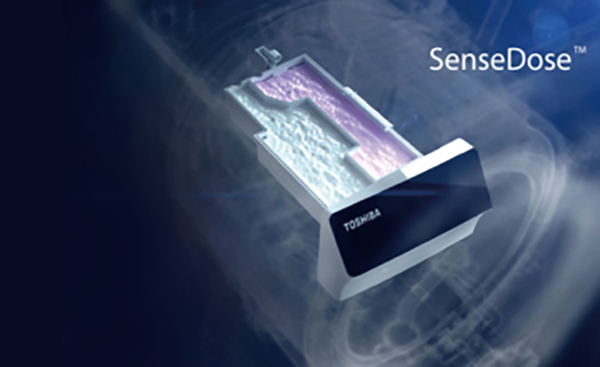
In Australia, vaping laws are among the strictest globally. Since October 2021, nicotine vaping products (NVPs) are classified as prescription-only medicines. This means you can’t legally buy nicotine vapes without a doctor’s prescription. However, non-nicotine vapes remain available over the counter in specialty stores like vape stores in Browns PlainsiGet Vapes$22.02 and refillable mod kits reaching upwards of $150.
The Australian government’s stance is clear: vaping is intended as a smoking cessation tool, not a recreational habit. This has led to a dual market—one where legal, prescription-based nicotine vapes coexist with a thriving (but illegal) black market for non-prescription products. For consumers, navigating this landscape requires awareness of both federal and state laws, which can differ significantly. For instance, Queensland enforces stricter penalties for illegal sales compared to Victoria.
Market Comparison & Analysis
The Australian vaping market is a study in contrasts. On one hand, the legal prescription-based sector is growing steadily, with $98 million in annual sales as of 2025. On the other, the illicit market—fueled by demand for convenience and flavoured nicotine vapes—is estimated to be worth nearly $300 million. Here’s how the market breaks down:
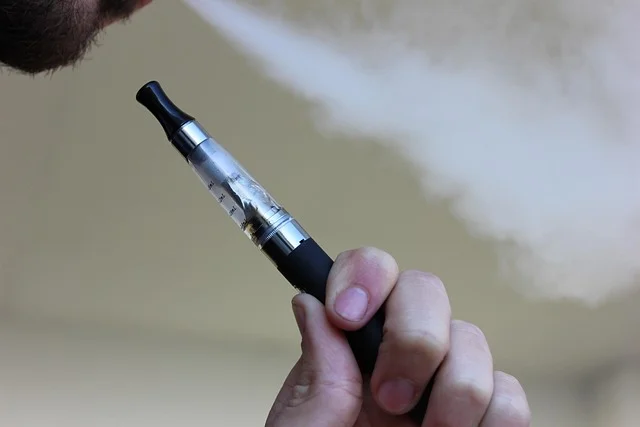
Price Trends
Legal nicotine vapes obtained via prescription cost between $30 and $80 for starter kits, with monthly supplies of e-liquids averaging $50–$120. In contrast, illicit disposables like those sold under the counter in Sydney or Melbourne retail for $20–$35 per unit. Premium brands like Vaporesso
Demand varies by city: Australia’s prescription model has inadvertently boosted the illicit market. A 2025 study found that 68% of vapers sourced nicotine products illegally, citing prescription barriers as the primary reason. Meanwhile, legitimate retailers focus on high-quality, compliant products like Uwell coils
Regional Variations
Regulatory Impact
User Experience & Case Studies
To understand the real-world impact of Australia’s vaping laws, we spoke to users across the country:
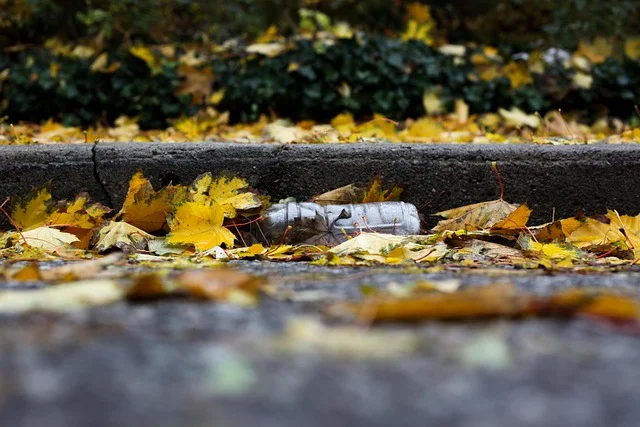
Case Study 1: The Prescription Route
Sarah, 34, Melbourne: “Getting a nicotine vape legally was a hassle. My GP charged $90 for the consultation, and the approved device cost $75. But the peace of mind is worth it—no dodgy ingredients.”
Case Study 2: The Illicit Market
James, 28, Sydney: “I buy iGet disposables$25 each. I know it’s illegal, but it’s cheaper and faster than a prescription.”
Case Study 3: The Non-Nicotine Vaper
Priya, 41, Brisbane: “I switched to nicotine-free vapes from Browns Plains Vape Store$22 per bottle, it’s affordable, and I don’t have to worry about breaking the law.”
These stories highlight the trade-offs Australians face: convenience versus legality, cost versus safety. While some embrace the prescription system, others find it impractical, driving demand for alternatives.
Purchase Guide & Recommendations
Navigating Australia’s vaping market requires careful planning. Here’s how to buy legally and safely:
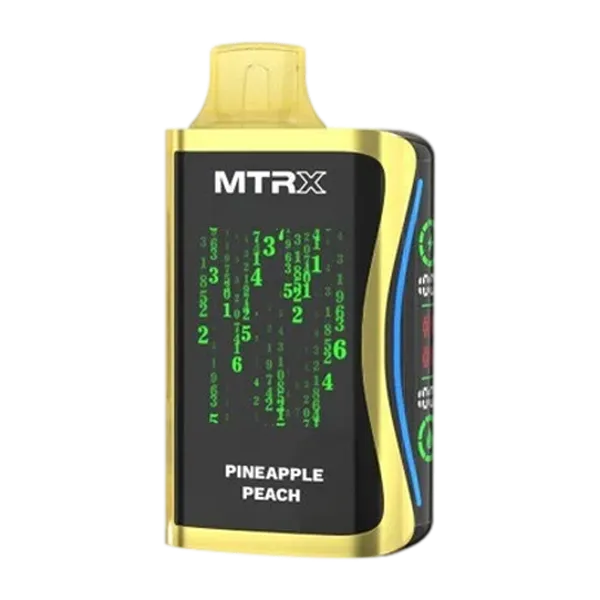
For Nicotine Vapes:
- Get a prescription: Book an appointment with a GP or use telehealth services like QuitClinics (cost: $60–$120).
- Choose a pharmacy or authorized retailer: Options include Vaporesso suppliers
- Budget for ongoing costs: Expect to spend $50–$150/month on e-liquids and coils like Uwell’s range
For Non-Nicotine Vapes:
- Local stores: Visit specialty shops in cities like Sydney or Melbourne for immediate purchases.
- Online retailers: Trusted sites like 3vienbaznica.net
Pro Tips:
- Avoid overseas vendors—customs seizures have increased by 40% since 2024.
- Check state laws—Western Australia bans all vape sales without a prescription, even for nicotine-free products.
❓ Frequently Asked Questions
1. Is it legal to buy vapes in Australia?
As of 2025, vaping laws in Australia remain strict. You can only legally purchase nicotine vaping products with a doctor’s prescription from licensed pharmacies. Non-nicotine vapes are available in some states but are subject to local regulations.
2. How much do vapes cost in Australia?
Prices vary significantly:
- Disposable nicotine vapes (with prescription): $25-$45
- Refillable vape devices: $50-$150
- Nicotine e-liquids (prescription only): $30-$60 per 30ml
- Non-nicotine e-liquids: $20-$40 per 30ml
3. Are vapes safer than cigarettes in Australia?
The Australian Department of Health states that while vaping may be less harmful than smoking, it’s not risk-free. All vaping products containing nicotine are classified as prescription-only medicines in Australia due to health concerns.
4. Can I import vapes from overseas?
Since 2021, Australia has banned the importation of nicotine vaping products without a valid prescription. Customs may confiscate unauthorized products, with fines up to $220,000 for illegal imports.
5. What’s the difference between Australian and overseas vape products?
Australian-approved products (available with prescription) meet strict TGA standards for ingredients and labeling. Illicit market products often contain unknown substances and inconsistent nicotine levels.
6. Where can I legally use my vape in Australia?
Vaping laws mirror smoking bans in most states. You cannot vape in:
- All indoor public places
- Public transport
- Within 4-10 meters of building entrances (varies by state)
- Some outdoor dining areas
How to Legally Purchase Vapes in Australia
- Consult your GP: Discuss nicotine replacement therapy options and obtain a prescription if appropriate.
- Register with an approved pharmacy: Only certain pharmacies are licensed to dispense nicotine vaping products.
- Choose your product: Select from TGA-approved devices and liquids available through your pharmacy.
- Complete your purchase: Present your prescription and photo ID at the pharmacy.
- Follow usage guidelines: Adhere to the prescribed nicotine strength and usage instructions.
- Dispose responsibly: Return used devices to approved e-waste collection points.
About the Author
Dr. Emily Harrison, is a Sydney-based public health researcher specializing in tobacco harm reduction at the University of New South Wales. With over 12 years’ experience in Australian drug policy, she has contributed to multiple TGA reviews on vaping regulations and regularly advises state health departments on nicotine control strategies.
